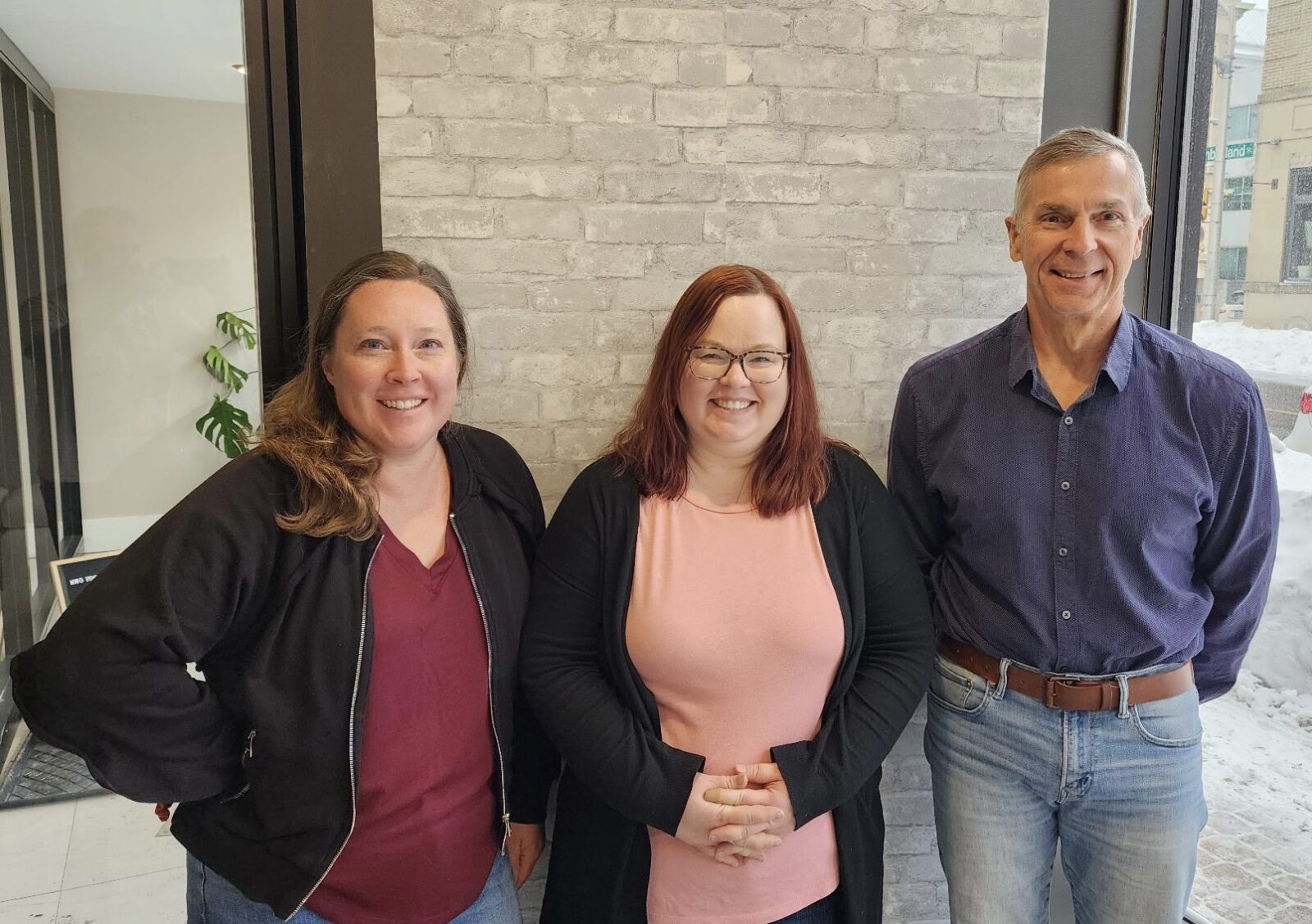Dear Registrants,
The College introduced the “Zeitgeist” series in the October 2023 edition of HeadLines, written by members highlighting topics of relevance to the public interest. The seventh article in the series will be the last as we take a pause. Stay tuned for a survey about Zeitgeist to be emailed in the near future.
Without further ado, I hope you enjoy this edition authored by Drs. Hagstrom, Maranzan, and Schmidt.
Sincerely,
Tony Debono MBA, Ph.D., C.Psych.
Registrar & Executive Director

The Value of a Self-Reflective Practice
Dr. Sara Hagstrom
Dr. Kathryn Maranzan
Dr. Fred Schmidt
“What we perceive about ourselves is greatly a reflection of how we will end up living our lives.” – Stephen Richards
A professional practice in psychology can be a rich, rewarding, and stimulating experience with no ceiling on possible learning opportunities. Even over the span of a long career, it is not possible to exhaust all the avenues of growth and development our profession has to offer. Consider the diverse range of professional activities including clinical work with clients, consultation, supervision, research, program evaluation / CQI, teaching, peer mentorship, systems level leadership, and advocacy. There truly are endless opportunities for refinement of one’s expertise and professional enrichment through a life-long learning process.
Our ethical and professional codes highlight the importance of self-reflection and self-knowledge as fundamental principles for this learning process. We are encouraged to engage in continuous self-reflection to assess our own values, biases, and limitations. The dividends that come from such intentional self-reflection enriches the lives of the people we serve, as well as satisfaction within our careers. Self-reflection, we believe, also ties in closely with Mr. Barry Gang’s observations in the January 2025 Zeitgeist article that judgment is often a key factor in why some registrants experience difficulties in their practice and is an important element of competence. The practice of self-reflection and sound professional judgment are inextricably tied together. While we come from the perspective of three northern psychologists, we believe the incorporation of self-reflection as a vehicle for professional growth to be equally important and helpful for those in the Behaviour Analyst field.
For those who work in under-served areas, or with under-served groups, self-reflection is necessary for professional growth and to ensure effective service. This principle is amplified in our Northern practices where, out of necessity, we must work as more generalist practitioners because there are fewer professionals and many practice areas are not readily available. As a result, we must often balance our practice area competencies with client needs. For example, a psychologist registered to work with adults may out of necessity make the decision to provide service to an adult who is 68 years old. This decision-making process includes active and intentional self-reflection and understanding of what types of presentations would necessitate a referral to a psychologist who specializes with seniors and/or consult with a peer as appropriate. When a psychologist registered to work with children and adolescents is referred a transition-age, late adolescent in post secondary school for a psycho-educational assessment, one must reflect on whether their competencies meet the needs of the client based on their specific life circumstances, and recognizing the harms that will come to students who cannot get timely access to an assessment. They will make an informed decision because they have engaged in intentional self-reflection and sought out appropriate peer consultation.
As we have hoped to highlight, an active reflective practice enhances our regular ongoing professional activities of staying current with evidence-based assessment tools and interventions and using sound clinical judgement. Our generalist work requires us to always increase our personal self-awareness, evaluate our personal strengths and weaknesses, collaborate and learn from colleagues, and engage in self-directed active learning, which achieves the goal of self-improvement and clinical wisdom. Self-reflection as a mechanism for growth is essential in the north and we have found this skill to be more and more valued over the span of our careers.